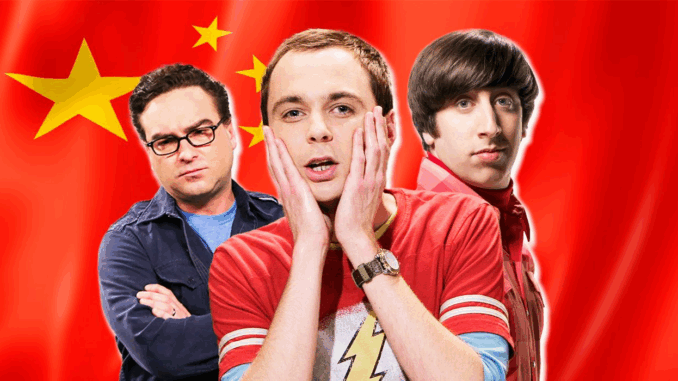
The Enduring Popularity of a Geeky Sitcom
When The Big Bang Theory aired its final episode in May 2019, fans around the world bid farewell to a group of quirky scientists and their neighbor who had become pop culture icons. But even years after its conclusion, the show continues to attract new audiences and maintain a passionate fanbase. Why does it still resonate?
A Cast That Became a Chosen Family
At its heart, The Big Bang Theory was always about relationships. While the science and geek references were central, the true emotional pull came from the characters’ evolving friendships and romantic entanglements. Sheldon, Leonard, Howard, Raj, Penny, Bernadette, and Amy created a dynamic that grew deeper each season.
What started as awkward social interactions transformed into heartfelt moments of growth and understanding. Viewers watched the group evolve from isolated individuals into a surrogate family—flawed but loyal.
Smart Writing That Blended Science and Humor

One of the most unique elements of The Big Bang Theory was its seamless integration of complex scientific ideas with comedy. The show never dumbed down its subject matter. Instead, it trusted its audience to keep up, often including actual scientific equations, theories, and guest appearances from famous scientists like Stephen Hawking and Neil deGrasse Tyson.
But it wasn’t just for laughs—it helped make science accessible and even cool. Kids were inspired to pursue careers in STEM, and terms like “string theory” or “Schrödinger’s cat” suddenly became part of everyday conversations.
Character Growth that Felt Earned
Sheldon Cooper may have started the series as a socially inept genius who lacked empathy, but over 12 seasons, he slowly evolved. Thanks to his friendships and his relationship with Amy Farrah Fowler, Sheldon learned how to connect emotionally—a journey that culminated in his Nobel Prize acceptance speech, one of the show’s most moving moments.
Similarly, Penny went from being the stereotypical “hot neighbor” to a confident woman with her own ambitions, challenging the notion that beauty and intellect must be opposites. The transformation of each character wasn’t just written for shock—it felt natural, guided by time and believable circumstances.
Nostalgia for Nerd Culture
The Big Bang Theory captured a cultural moment when being a “nerd” was starting to become cool. Comic books, sci-fi, video games, and cosplay—once considered fringe—were entering the mainstream. The show didn’t just reflect that shift; it helped push it forward.
By showing characters who were passionate about Star Wars, Doctor Who, or Dungeons & Dragons, the series celebrated fandom in a way that made it feel proud, not shameful. For many, it was the first time they saw their hobbies and quirks treated with affection rather than ridicule.
The Comfort of Familiarity
There’s also something to be said for the structure of the sitcom itself. With 279 episodes, The Big Bang Theory offers the perfect backdrop for comfort viewing. The show rarely deviates from its core format—laughs, emotional beats, character banter—and that predictability is soothing.
In a world that often feels chaotic, there’s a lot to appreciate about knowing what you’re going to get: a clever joke from Sheldon, a sarcastic retort from Penny, a science experiment gone wrong.
Streaming Keeps the Legacy Alive
Thanks to platforms like Max, Netflix (in some regions), and syndication on cable networks, The Big Bang Theory is continuously introduced to new viewers. Parents are sharing it with their teenagers. University students are discovering it while cramming for finals. The show remains a part of the cultural conversation because it’s always within reach.
Final Thoughts: A Legacy of Laughs and Learning
The Big Bang Theory may have ended, but its legacy continues to influence television and comedy. It blended intelligence with humor, heart with science, and friendship with growth. Few shows can say they inspired both laughter and a generation of future scientists.
It didn’t just entertain—it educated, uplifted, and showed the world that being smart and being funny aren’t mutually exclusive.